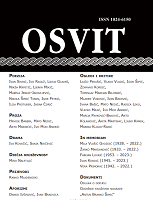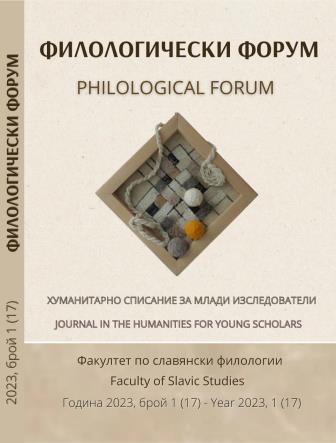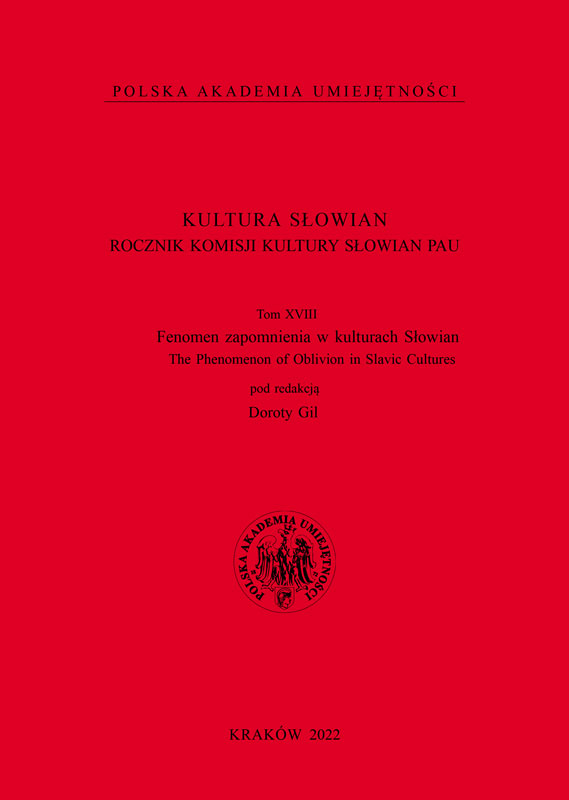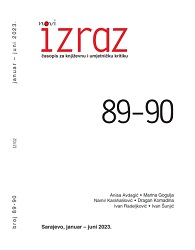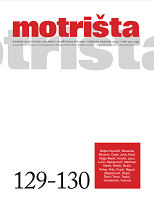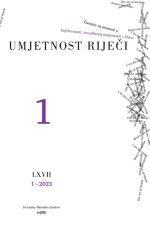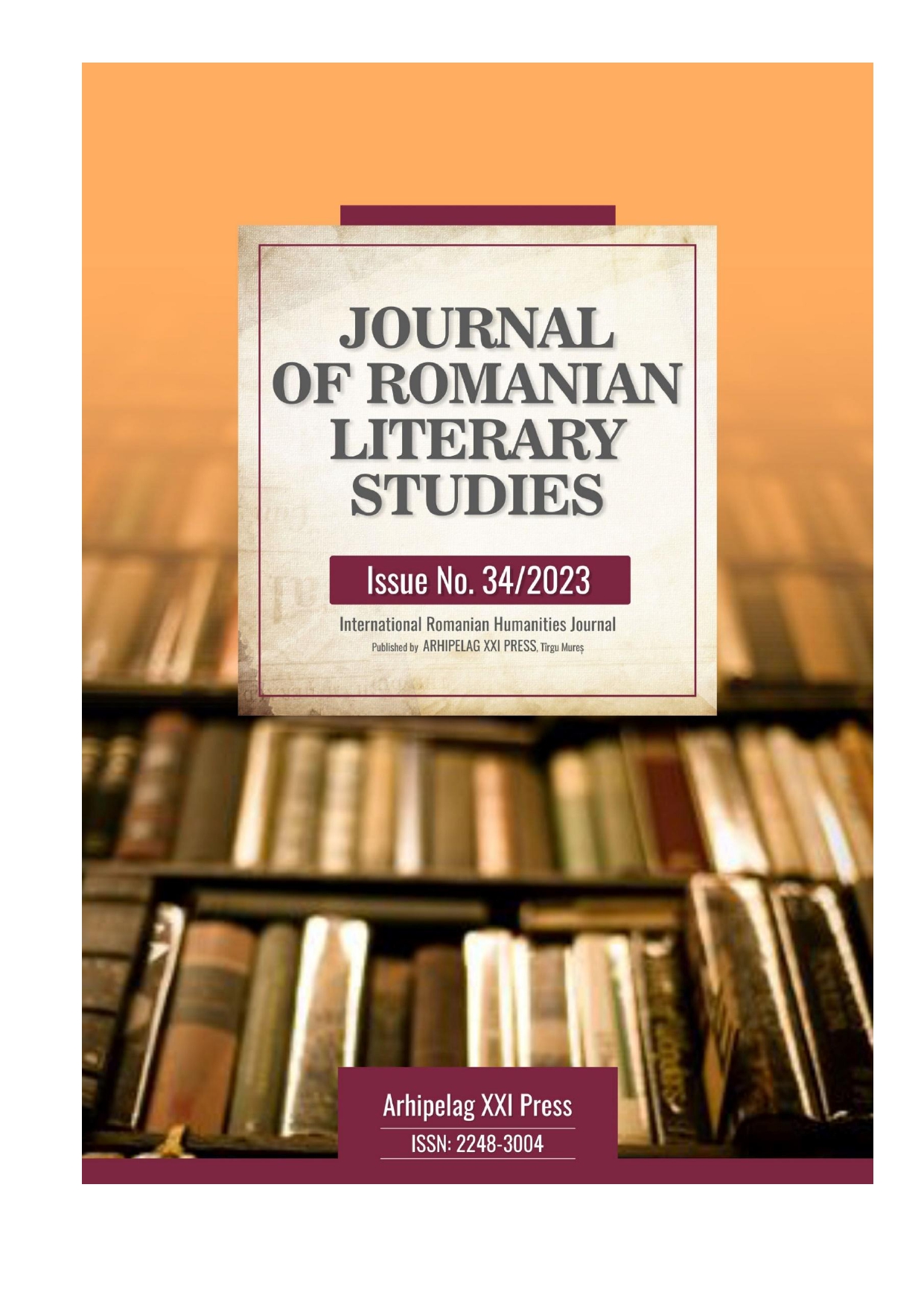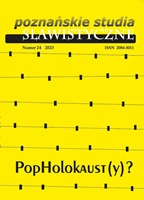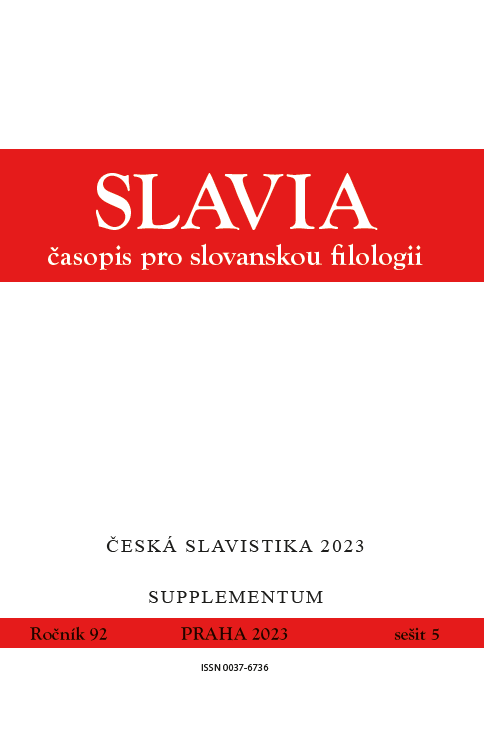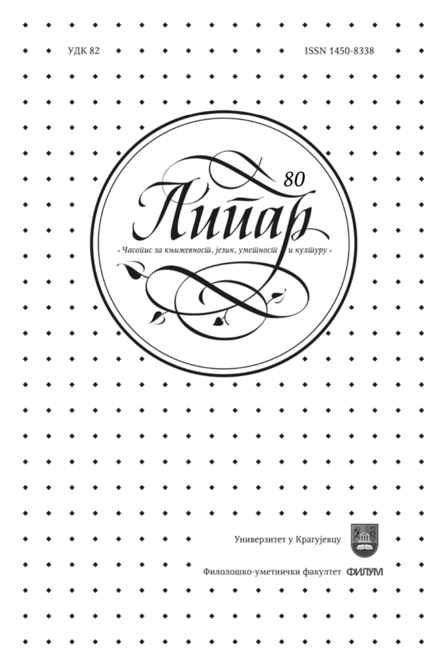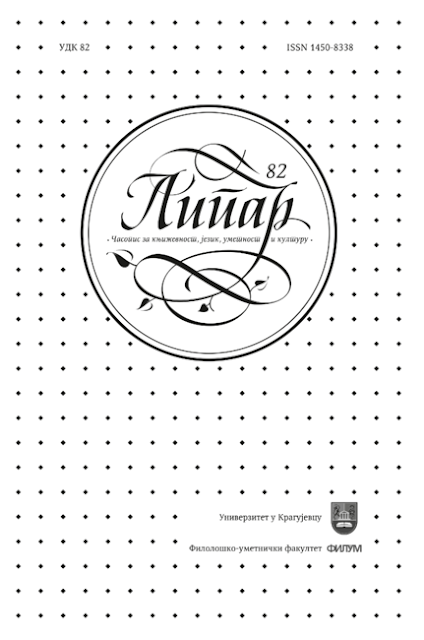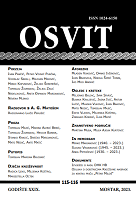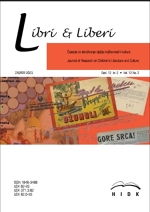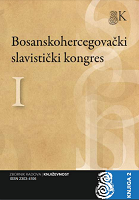
Ekspresionistički porivi kao antagonizam ratu (Vučjak Miroslava Krleže i Pomrčina krvi Ahmeda Muradbegovića)
The paper deals with poetics of Expressionism and anti-war position in Miroslav Krleža and Ahmed Muradbegović’s dramatic works. It specially focused the plays Vučjak by M. Krleža and Pomrčina krvi by A. Muradbegović. In this connection, particular attention was paid to the main characters of these dramatic texts – Krleža’s Krešimir Horvat and Muradbegović’s Ekrembeg.
More...
